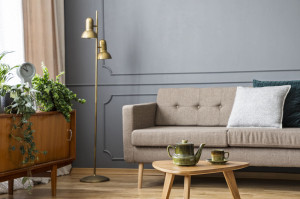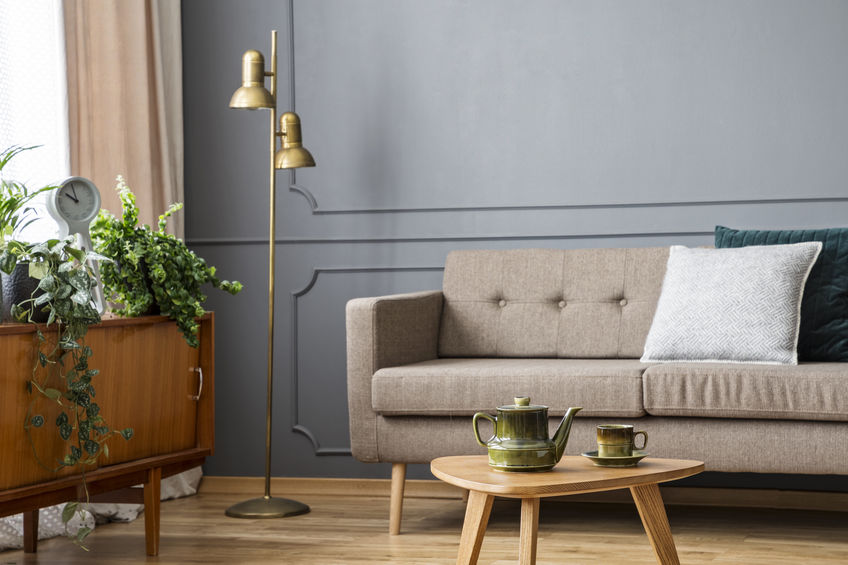 Did you know that the average size of a home in the United States in the early 1950s was less than 1,000 square feet? Today the average U.S. home has more than double that amount of space.
Did you know that the average size of a home in the United States in the early 1950s was less than 1,000 square feet? Today the average U.S. home has more than double that amount of space.
For many home buyers, bigger is better. But does your budget call for a smaller home than you originally envisioned? Or perhaps you’re thinking of downsizing now that your children are adults and have left home. Or maybe you’ve retired and don’t want all that extra space. Either way, there are a number of benefits to purchasing a smaller home. Here are some of them:
Smaller homes are more affordable. Whether you’re looking at it from the aspect of purchase price or ongoing costs of ownership, smaller homes are generally less expensive to buy and maintain. A lower purchase price could make your mortgage payment more affordable, too.
Lower utility costs. Larger homes generally cost more to heat and cool. The age of a home and energy-efficient features certainly matter when it comes to utility costs. But generally, if you downsize your home, most often you’ll downsize your utility bill, too!
Less cleaning. The less space you have in your home, the less time you’ll spend cleaning it. A 3,000 square foot home with three full bathrooms will definitely take more cleaning time than one with half of that square footage that has one or two fewer bathrooms.
Less indoor maintenance. With a smaller home, there are potentially fewer maintenance issues. The age of the home and other factors matter when it comes to maintenance costs, but all things being equal, there are fewer things in a smaller home that can break or need repairs.
Less outdoor maintenance. Small home and small yard? The smaller your yard, the fewer weeds you’ll be pulling! Try combining a small yard with xeriscaping, native grass and drought-resistant plants that require little or no water or upkeep.
Lower property taxes. Smaller, less expensive homes often have lower property tax bills. Property taxes are typically based on the value of a property.
Lower insurance costs. You may get a slight break on your homeowners insurance because in the event of a disaster, it generally would cost less to rebuild a small home than a larger one.
What size is considered to be a ‘small’ home? The definition varies but generally, a small home is generally defined as one with around 1,000 to 1,500 square feet of space. ‘Tiny’ homes have a more strict definition. These are generally considered to be dwellings — many of which are mobile — between 100 and a maximum 400 to 500 square feet.
Which size of home is right for you? It all depends on your lifestyle, your budget, your needs and how much stuff you have. There’s no ‘right’ answer — it all depends on you.

